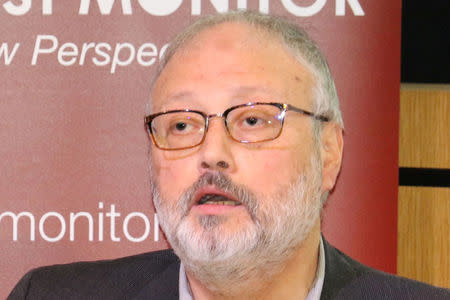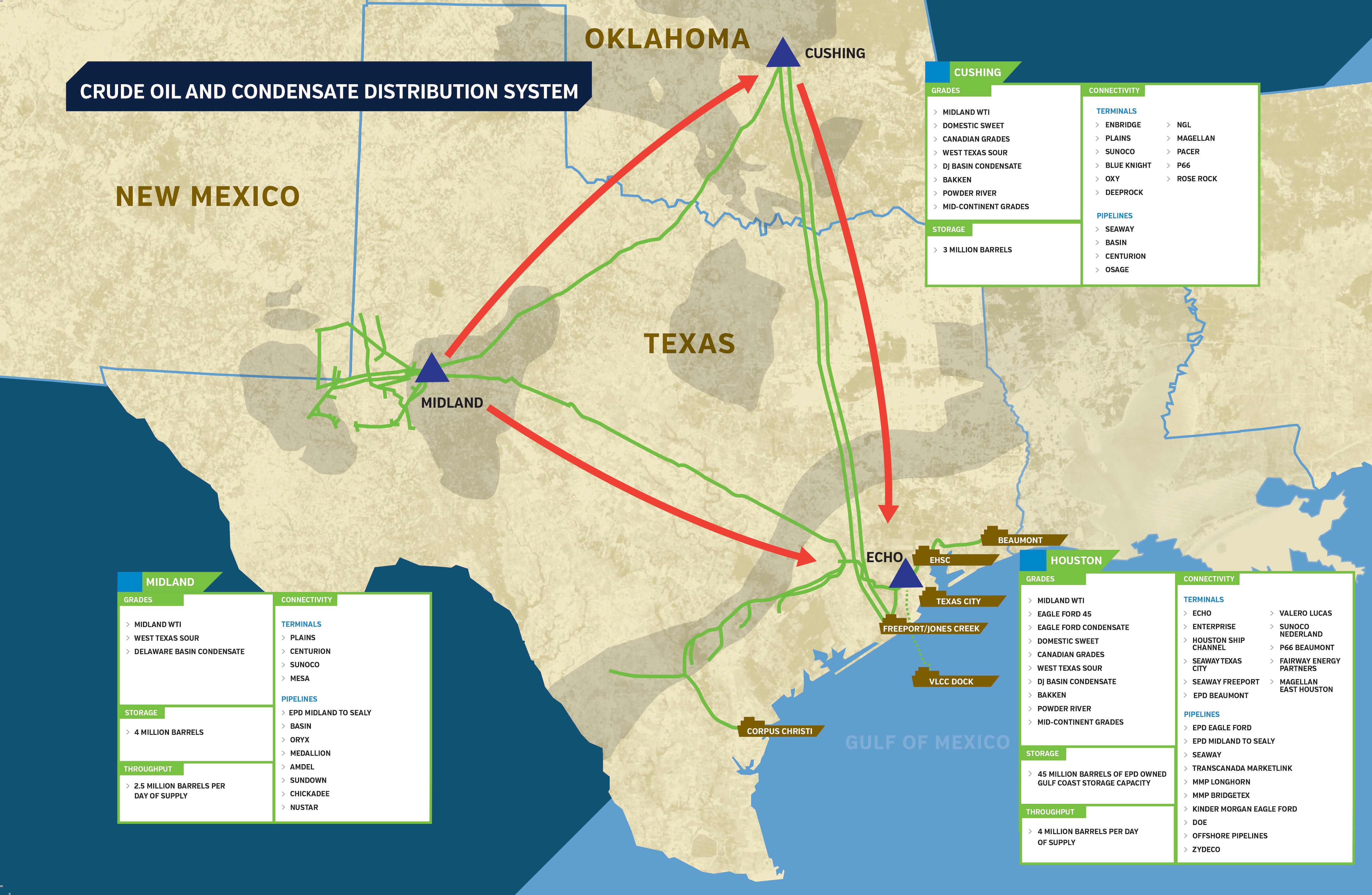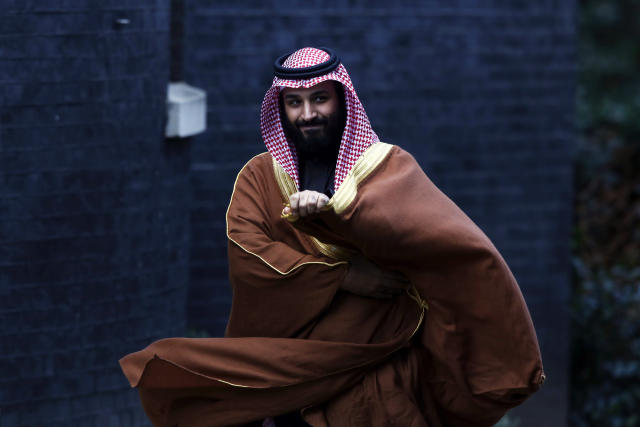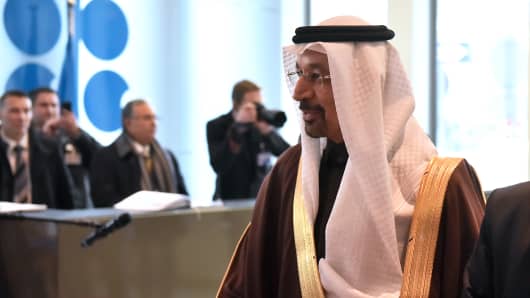
OPEC has boosted oil production in October to the highest since 2016, a
Reuters survey found, as higher output led by the United Arab Emirates
and Libya more than offset a cut in Iranian shipments due to U.S.
sanctions.
The 15-member Organization of the Petroleum Exporting Countries has
pumped 33.31 million barrels per day this month, the survey on Wednesday
found, up 390,000 bpd from September and the highest by OPEC as a group
since December 2016.
OPEC agreed in June to pump more oil after
pressure from U.S. President Donald Trump to curb rising prices and make
up for an expected shortfall in Iranian exports. Oil LCOc1 hit a
four-year high of $86.74 a barrel on Oct. 3 but has since eased to $76
as concerns over tight supplies faded.
“Oil producers appear to
be successfully offsetting the supply outages from Iran and Venezuela,”
said Carsten Fritsch, analyst at Commerzbank in Frankfurt.
The
June pact involved OPEC, Russia and other non-members returning to 100
percent compliance with output cuts that began in January 2017, after
months of underproduction in Venezuela, Angola and elsewhere had pushed
adherence above 160 percent.
In
October, the 12 OPEC members bound by the supply-limiting agreement
lowered compliance to 107 percent as production rose, from a revised 122
percent in September, the survey found.
This is the closest OPEC has moved to 100 percent compliance since the June agreement.
UAE, LIBYA
The biggest increase has come this month from the UAE.
Output
in October rose by 200,000 bpd to 3.25 million bpd, the survey found,
and could in theory rise further as the UAE says its oil-production
capacity will reach 3.5 million bpd by the year-end.
The
second-largest came from Libya where production averaged 1.22 million
bpd, the survey found, a rise of 170,000 bpd. Libyan output remains
volatile due to unrest, raising questions about the stability of current
OPEC production.
Saudi Arabia, after opening the taps in June
and then scaling back its plans to pump more, supplied 10.65 million bpd
in October, more than in June and close to a record high, the survey
found.
The kingdom, OPEC’s top producer, has indicated it is
concerned about potential oversupply, raising the prospect that its next
production adjustment could be to rein in output.
OPEC’s second-largest producer, Iraq, also raised output in October.
Iraqi
supply could rise further if Iraq’s new government goes ahead with a
deal reached by the outgoing administration and the Kurdistan Regional
Government (KRG) to resume exporting Kirkuk crude to Turkey via the KRG.
Angola, where natural declines at oilfields curbed production in
recent years, boosted supply in October due to supply from a new field,
Gindungo. Output is still far below its OPEC target.
Exclusive: Saudi arms deal may create few new U.S. jobs
Supply
in Nigeria rose by 30,000 bpd. Like Libya, Nigeria is not part of the
OPEC supply-cutting pact because it often faces unplanned outages
stemming from unrest.
Output in Kuwait edged lower, the survey
found. The country had raised production in July following the OPEC
deal, and kept it steady in August and September.
Among countries
with lower output, the biggest drop - 100,000 bpd - occurred in Iran.
Exports fell as returning U.S. sanctions discouraged companies from
buying the country’s oil, although the decline was lower than some
analysts expected.
“Iran is going to come in above expectations,”
said an industry source who tracks OPEC output, referring to Iranian
supply in October.
Production also slipped further in Venezuela,
where a lack of funds for the oil industry because of the country’s
economic crisis is cutting refinery operations and crude exports.
Despite
these decreases, OPEC output in October has risen to the highest since
December 2016, the month before the supply-cutting pact took effect,
according to Reuters surveys.
Some of the extra oil has come from Congo Republic and Equatorial Guinea, which joined OPEC in 2018 and 2017 respectively.
Before
Congo joined, OPEC had an implied production target for 2018 of 32.78
million bpd, based on cutbacks detailed in late 2016 and Nigeria and
Libya’s expectations of 2018 output.
According to the survey, OPEC excluding Congo pumped about 530,000 bpd above this implied target in October.
The
survey aims to track supply to the market and is based on shipping data
provided by external sources, Thomson Reuters flows data and
information provided by sources at oil companies, OPEC and consulting
firms.
Additional reporting by Rania El Gamal in Dubai; Editing by Dale Hudson


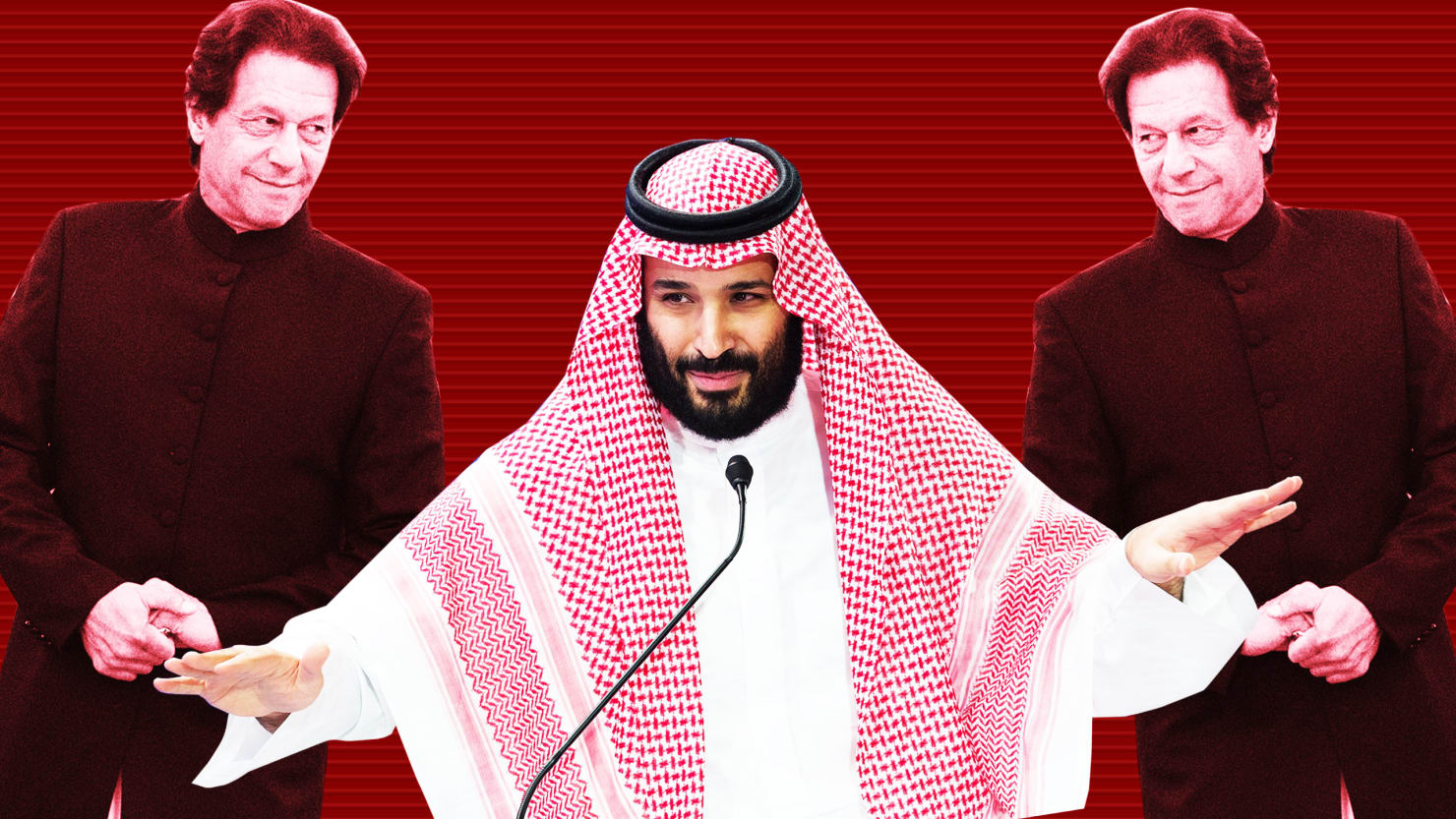
.png)
